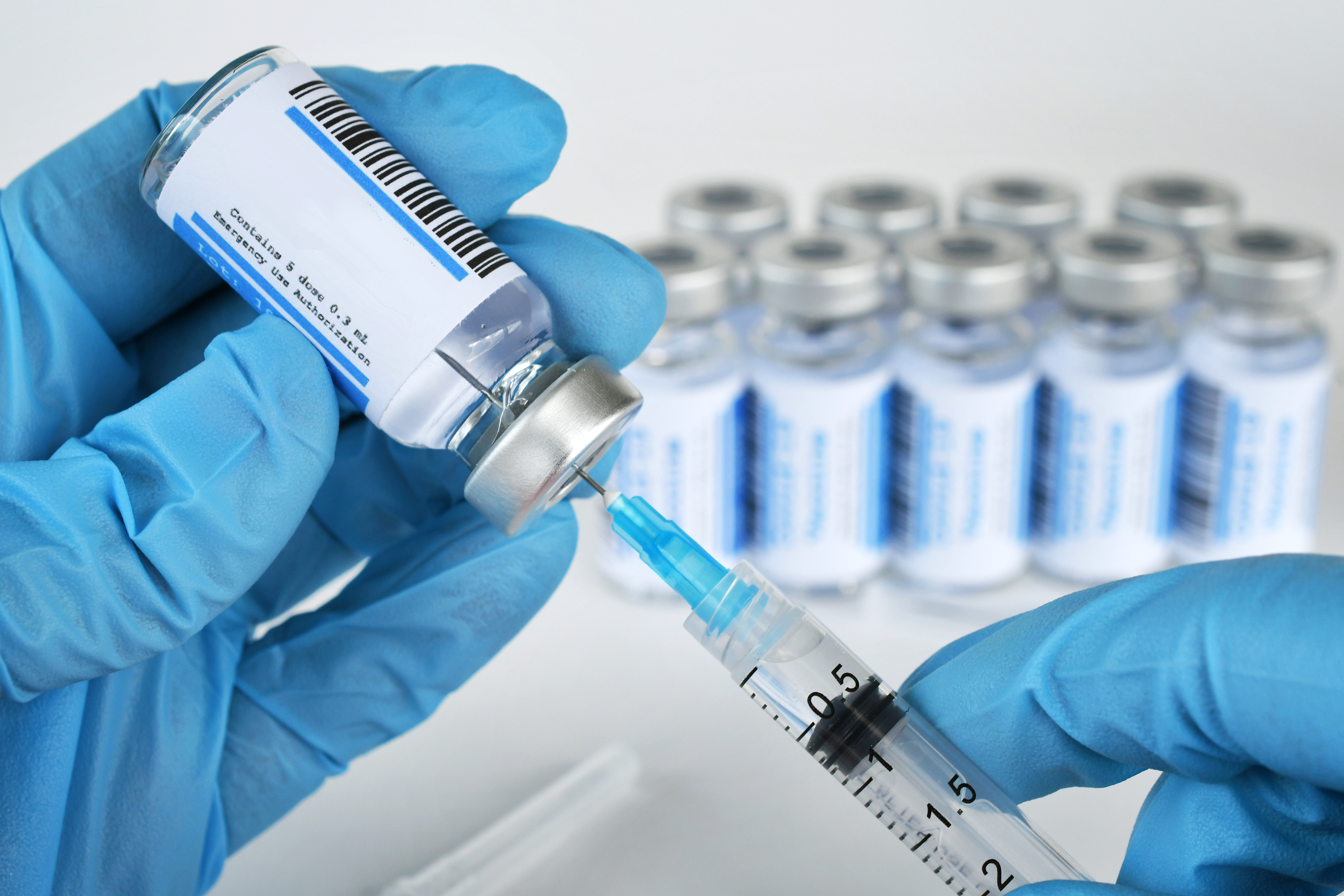
Investigators have characterized the efficacy of the modified vaccinia Ankara (MVA)–based vaccine to prevent mpox, according to a study published by Hubert et al in Cell Host & Microbe. The investigators performed two assays on 470 patients who had either received MVA-based vaccines or been infected with the mpox virus, as well as controls, in order to measure neutralizing antibodies present in the blood serum. The investigators found high levels of neutralizing antibodies post–mpox infection, vaccination with smallpox vaccines, or vaccination with an MVA-based vaccine. In the absence of complement, the mpox virus was minimally sensitive to neutralization; whereas with complement, the investigators were able to better detect neutralizing antibodies and which patients were most likely to be responsive to vaccination. Additionally, the neutralizing antibodies for anti–MVA-based vaccines and the mpox virus were present in 94% vs 92% and 82% vs 56%, respectively, of patients with mpox infections compared with those who had received the MVA-based vaccine. The investigators suggested that mpox virus neutralization is dependent on complement. In a companion press release from the Institut Pasteur, the study authors concluded that: "The neutralization assays developed in connection with this research may help define correlates of protection against infection or disease severity, … conduct epidemiological surveys, assess the duration of protection conferred by previous infections or … vaccines, and analyze the use of immunotherapeutic interventions.”